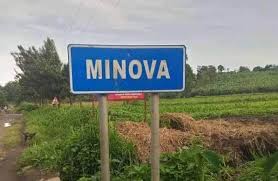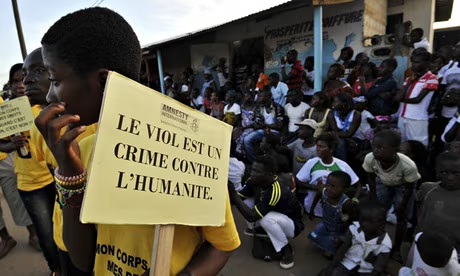General explanation
The African Commission came into existence on 21 October 1986 and is the oldest human rights complaint-handling body in Africa. The Commission is a quasi-judicial body responsible for the application of the provisions of the African Charter on Human and Peoples’ Rights (ACHPR) as well as the protection and promotion of human and peoples’ rights on the African continent. Its Secretariat is located in Banjul, The Gambia.
The African Commission is composed of 11 Commissioners, “chosen from amongst African personalities of the highest reputation, known for their high morality, integrity, impartiality and competence in matters of human and peoples’ rights; particular consideration being given to persons having legal experience” (African Charter Article 31). They are elected by the African Union Assembly from experts nominated by State parties to the Charter. The Commissioners serve in their personal capacity and are elected for a six years renewable term.
Mandate:
The mandate of the African Commission is to ensure the promotion and protection of human and peoples’ rights, and to interpret the African Charter. This mandate is set out in Article 45 of the Charter.
Jurisdiction
The African Commission has both subject matter and territorial jurisdiction to preside over communications brought before it by States Party to the African Charter or individuals (victims) whose right under the African Charter have been violated
Sessions and State Reporting
By its 2020 revised Rules of Procedure, the African Commission convenes four ordinary sessions a year, the venue and duration of which are determined by the Commission. These sessions are open to individuals, Civil Society Organizations (CSOs) and Non-Governmental Organization (NGOs), etc.
The Commission may also hold extraordinary sessions if need be. In such instance, they are convened by the Commission’s Chairperson upon a request by the Chairperson of the African Union Commission or by a majority of the members of the Commission.
During the Sessions, the African Charter on Human and Peoples’ Rights requires States to submit two types of reports: initial reports(required to be submitted by States two years after ratification or accession to the Charter) and periodic reports (required to be submitted every two years after the initial report)
How to access the African Commission
The African Commission’s competence to hear and determine complaints against State Parties is regulated by Articles 47 to 59 of the African Charter. Its jurisdiction is compulsory and automatic for States that have ratified its founding treaty, the Charter.
Communications are one of the mechanisms employed by the Commission to ensure States compliance with the human rights provisions enshrined in the Charter. They can be brought from States against States or by individuals or NGOS against one or several States.
A communication can only be brought before the Commission against a State that has ratified the African Charter, by an individual or NGO. It can also be submitted by the alleged victim(s) of human rights violations or by anyone on their behalf.
The admissibility criteria for submitting a communication is laid down in Article 56 of the African Charter. These admissibility requirements are also subject to the availability and accessibility of domestic remedies.
There are no restrictions on persons that are eligible to bring cases before the African Commission, all persons, physical or legal can bring complaints. The only restrictions are those that apply under all treaties regarding State responsibility.
These are:
• Time restrictions (competence ratione temporis): States are only bound to guarantee the human rights provided for in Charter after their ratification of the treaty and allegations of violation of this obligation can be brought before the African Commission;
• Subject restrictions (competence ratione materiae): States are only bound to guarantee those rights provided for in the Charter and allegations of violation of this obligation can be brought before the African Commission.
How IHRDA engages with the African Commission on Human and Peoples’ Rights
IHRDA’s work significantly involves the African Commission, since the latter is the oldest complaints-handling body of the African Human Rights System. IHRDA participates in its ordinary sessions, collaborates closely with its special mechanisms and working groups, and files communications before it on behalf of victims of human rights abuses.




